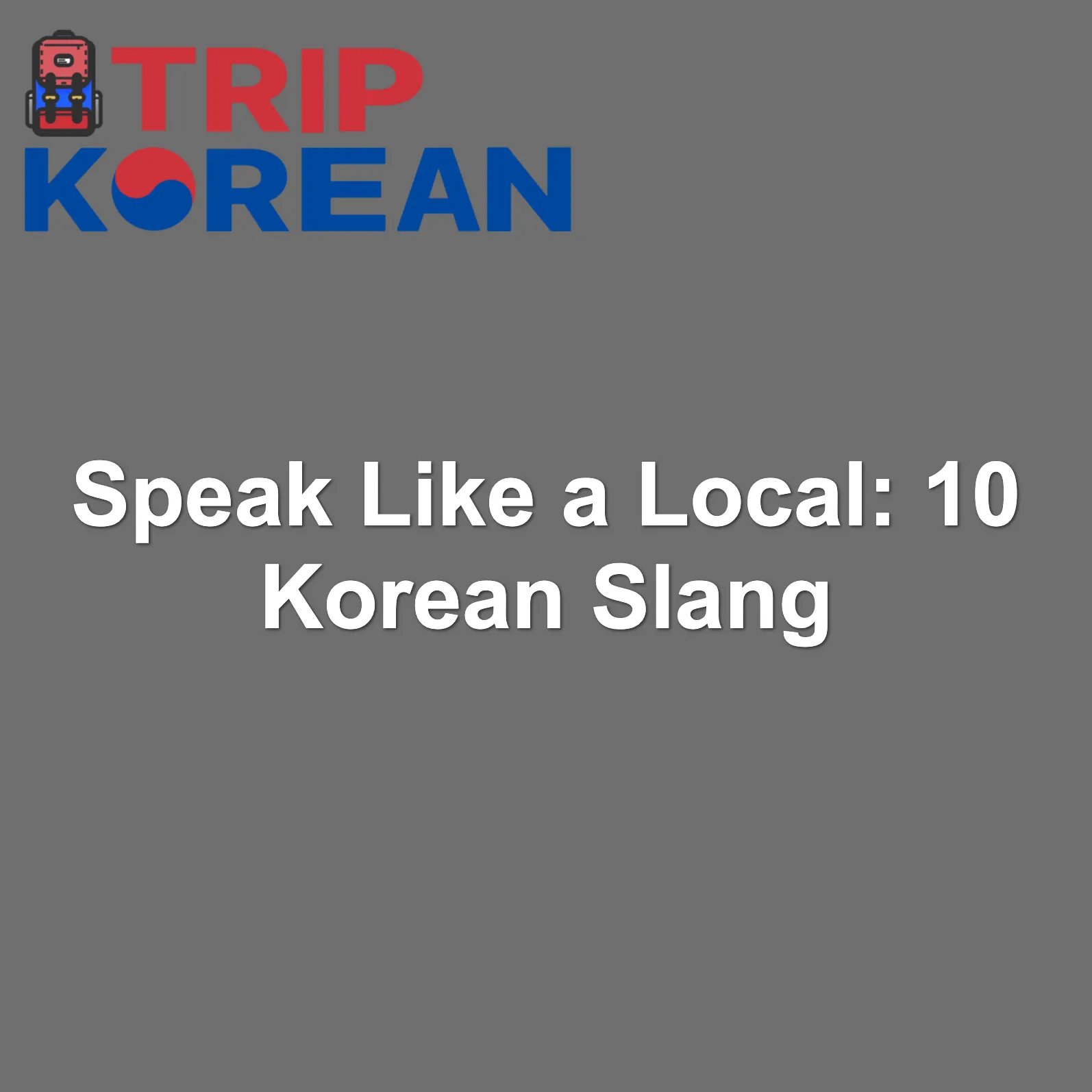
Understanding Korean slang can significantly enhance your conversational skills and help you connect with native speakers. This article covers ten popular Korean slang words that can elevate your language proficiency and make your interactions more authentic.
1. 레알? (Real?)
The term 레알 (real) is borrowed from Spanish and translates to “really?” in English. It serves as an expression of surprise or disbelief, often used in casual conversations.
Example Usage:
- A: “I heard you won the lottery!”
- B: “레알?”
2. 살아있네~ (Sala-it-ne~)
살아있네 literally means “you’re alive” but is often used to compliment someone’s vibrant appearance or lively spirit. Use it when someone looks particularly energetic or stylish.
Example Usage:
- “Wow, 그 옷 정말 잘 어울려! 살아있네~”
(“Wow, that outfit really suits you! You look vibrant!”)
3. 쩔어! (Jjeol-eo!)
When something is impressive or awesome, Koreans say 쩔어. This term expresses admiration and excitement, making it perfect for praising something remarkable.
Example Usage:
- “이 음악 진짜 쩔어!”
(“This music is really awesome!”)
4. 짱 (Jjang)
짱 means “the best” and can be used in various contexts to express approval or superiority. It’s versatile and fits many situations.
Example Usage:
- “너의 요리 솜씨 짱이야!”
(“Your cooking skills are the best!”)
5. 대박 (Dae-bak)
The word 대박 conveys feelings of surprise or joy, similar to saying “awesome” or “amazing.” It’s commonly used among friends to react positively to news.
Example Usage:
- “그 영화 진짜 대박이었어!”
(“That movie was amazing!”)
6. 불금 (Bul-geum)
Short for 불타는 금요일, which translates to “burning Friday,” 불금 signifies the excitement of Friday nights when people typically go out and enjoy themselves after a workweek.
Example Usage:
- “오늘은 불금이다! 나와서 놀자!”
(“Today is Friday night! Let’s go out!”)
7. 헐 (Heul)
Used as an expression of shock or disbelief, 헐 can be likened to saying “OMG” in English. It captures reactions to surprising news or events effectively.
Example Usage:
- A: “그 친구가 떠난다고?”
B: “헐!”
8. 멘붕 (Men-bung)
This slang word combines parts of the English words “mental” and “collapse.” It refers to feeling mentally overwhelmed or confused, usually in stressful situations.
Example Usage:
- “시험 결과 보고 멘붕 왔어.”
(“I had a mental collapse after seeing my exam results.”)
9. 썸 (Sseom)
Referring to a situation where two people are romantically interested but not yet officially dating, 썸 describes a flirty relationship stage between friends.
Example Usage:
- “요즘 그녀와 썸 타고 있어.”
(“I’m having a flirtatious relationship with her these days.”)
10. 케미 (Kemi)
Derived from the English word “chemistry,” 케미 describes a special bond between two individuals that goes beyond friendship but may not necessarily be romantic yet.
Example Usage:
- “둘 사이에 케미가 느껴져.”
(“There’s chemistry between them.”)
By incorporating these slang words into your vocabulary, you will communicate more naturally with Korean speakers and understand cultural nuances better. Be mindful of context when using these terms; they are predominantly popular among younger generations and may not always suit formal situations.
To practice using these terms effectively:
- Engage in conversations with native speakers.
- Listen actively during informal discussions.
- Incorporate slang appropriately based on familiarity with those involved in the conversation.
These steps will help you gain confidence while enhancing your command of Korean slang over time.






